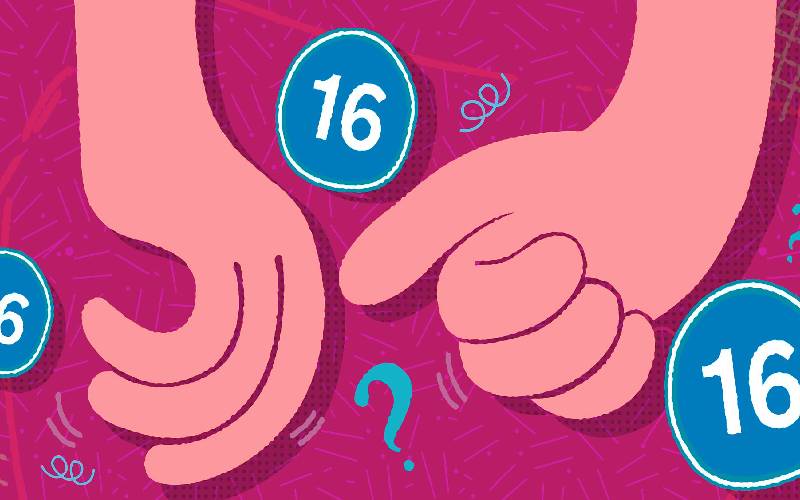×
The Standard e-Paper
Fearless, Trusted News

Nancy Okoth, a project manager at Plan International, an organisation that works for gender equality and advancement of children’s rights, recalls getting pregnant at 13 years old.